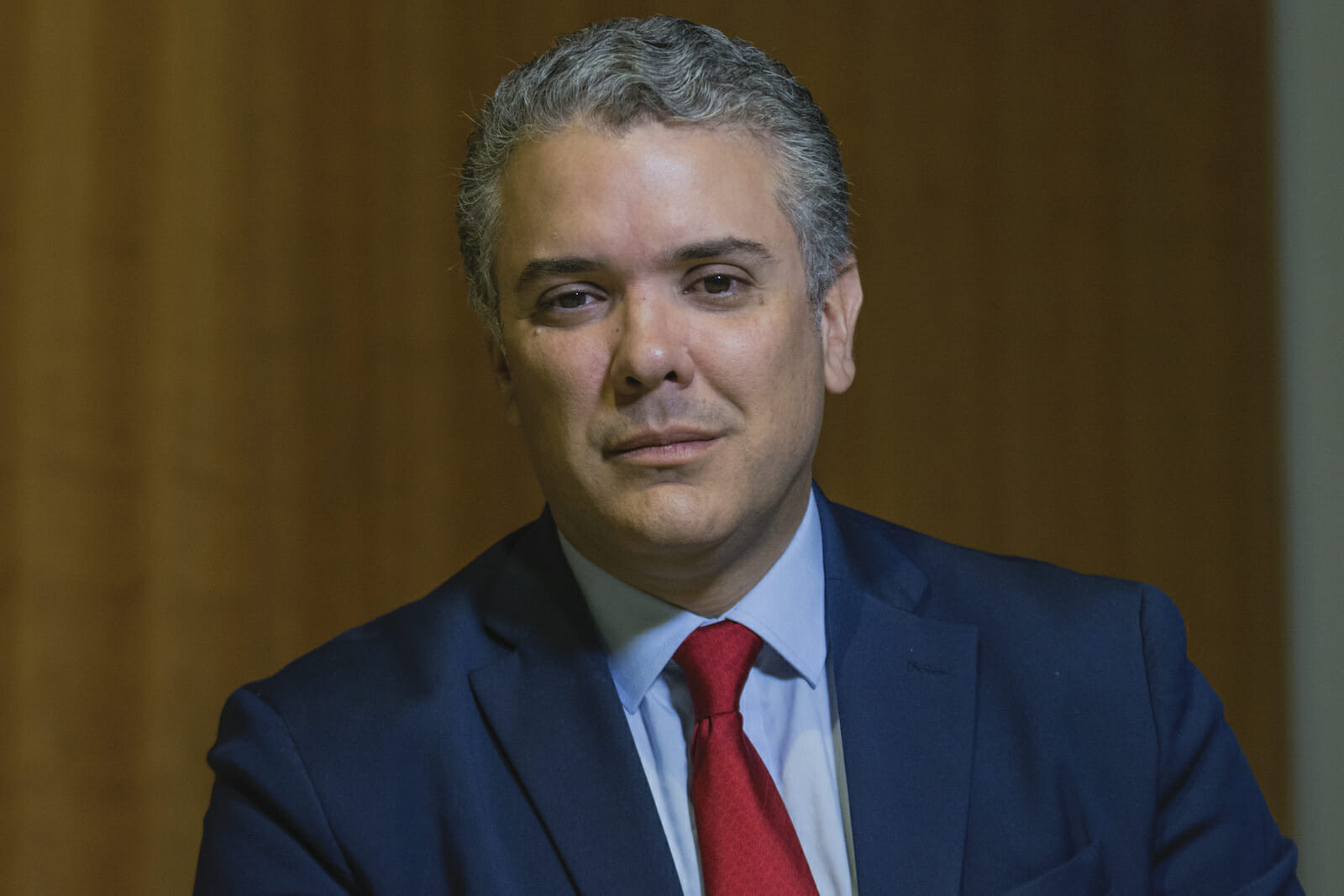
How the U.S. Can Support Peace in Colombia
Colombia’s President Iván Duque is failing to fully implement the 2016 peace agreement between the Colombian government and the Revolutionary Armed Forces of Colombia (or FARC). His actions put at risk an agreement to bring one of Latin America’s deadliest insurgencies to an end.
Unfortunately, he has a silent partner. The United States is ignoring President Duque’s disdain for the 2016 agreement. The United States is failing to live up to its own commitments in the so-called Peace Colombia – the comprehensive framework for American support and funding following the end of Plan Colombia. The United States should ensure Peace Colombia and pressure President Duque to fully implement the 2016 peace agreement. Doing so will decrease violence in Colombia and reduce the impact of Colombian narcotics on the United States.
Current U.S. policy toward Colombia — targeted sanctions, security and development aid, and training for security personnel– will not be enough on its own to end the conflict or reduce drug trafficking. Current U.S. initiatives will not be effective unless they are combined with a robust diplomatic campaign to pressure President Duque to implement the peace agreement.
A U.S. policy of ensuring Peace Colombia through continued U.S. pressure on President Duque will be popular not only in Colombia but the whole of Latin America. President Duque ignores human rights abuses, political repression, and local corruption simply because he is an opponent to the 2016 peace agreement. U.S. pressure on President Duque to end these abuses will show a commitment to peace, democracy, and justice in Latin America.
Pressuring President Duque to fully implement the peace agreement with the FARC poses little risk to U.S. interests. The United States does not need to send military or law enforcement personnel to Colombia in order to have a positive effect on the situation. The peace agreement has been successful in limiting violence and bringing former insurgents back into society. It is President Duque’s contempt for the agreement that is inspiring FARC members to continue the conflict. U.S. diplomacy can reduce the need or likelihood of future U.S. involvement in counter-insurgency and counter-narcotics operations.
A change in U.S. policy can also reduce local reliance on narcotics production in Colombia. The FARC and other insurgencies contribute significantly to narcotics production and trafficking in Colombia as a means to fund their conflict. The lack of government support for reconciliation as outlined in the peace agreement causes insurgents and their communities to look to illicit activities for income. Pressuring President Duque to increase reconciliation and cooperation with former insurgents will increase their opportunities to gain lawful employment. With fewer insurgents producing illicit drugs, the United States will see less of a negative impact from Colombian narcotics.
There are concerns from victims of the conflict that the 2016 peace agreement was not strict enough on insurgents and the communities that supported them. Colombians elected President Duque in part because he planned to address these concerns and help victims seek justice. However, his methods of seeking so-called justice have only brought regression. Violence is increasing. Narcotics production is on the rise. And former insurgents are the victims of widespread vigilante justice while other insurgent groups commit crimes and abuses against civilians. The U.S. should support a return to the peace and progress of the 2016 agreement by ensuring President Duque fully implements every aspect of the agreement.
Colombians deserve peace, progress, and prosperity — not more deaths, more kidnappings, and more refugees. The United States by its funding and actions in support of Peace Colombia and the 2016 peace agreement can help bring an end to fifty years of conflict. Libertad y Orden – Freedom and Order – is not only the motto of Colombia but also what every Colombian wants for their future.

